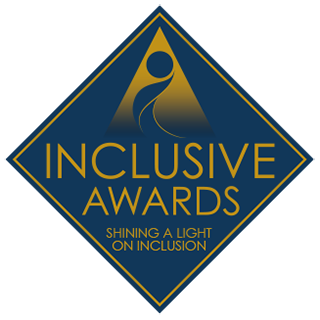As a Brown girl, daughter of first-generation Indian immigrants, growing up in Britain had its challenges, as it does when one becomes a woman of colour entrepreneur.
Navigating her British identity interwoven with her Indian cultural heritage, Minaxi has had to conform to cultural norms defined by expectations to be homemaker and child bearer.
Minaxi always wanted something more than simply a family, whom she adores deeply and beams with pride. And so, at the age of 50 in the throes of severe menopause, she took the decision to found Equality Leaders in 2020 with a global pandemic to follow shortly afterwards.
Despite these challenges, and with a mere £5000 family cash injection, Equality Leaders has been built organically, brick by brick, against all odds.
Focusing on building a strong brand identity, Minaxi created a compelling brand story which was both personal and professional. She leveraged access to her expansive network and social media platforms as a cost-effective way to establish a client base organically, using engaging content and word-of-mouth referrals, all aimed at attracting and retaining customers without large-scale advertising expenses.
Client satisfaction was a priority from the beginning, with impact-focused solutions, and personalised interaction nurturing a loyal customer base. As the business gained traction, revenues were reinvested to grow the people team. Product lines were expanded, new markets entered, and a bench of consultants and trainers built to support delivery of the business.
Over the past 4 years the business has engaged over 750 organisations, with this research shedding light on collective challenges faced by business leaders. The top 5 challenges Equality Leaders seek to solve in achieving DEI are:
– Foundational: Oversight of DEI relegated to HR instead of the Boardroom
This hampers accountability and impedes transformative change. Without leadership buy-in, DEI efforts lack strategic alignment, and hinder an organisation’s ability to fulfill their mission and purpose.
– Operational: Neglecting to prioritise DEI into daily operations.
DEI must permeate strategy, policy, process, practice and people by design otherwise businesses risk losing talent, decreased productivity, and tarnished employer value proposition.
– Strategic: Devaluing equitable decision-making and people’s lived experience
Embracing diverse lived experiences not only enriches organisational culture but also unlocks untapped potential for creativity, problem-solving, and success.
– Competencies: Underskilled DEI practitioners unable to address complex challenges.
Building the competencies, knowledge, skills, abilities and behaviours needed to be effective are needed with cultures of learning cultivated.
– Commercial: Misalignment between business, DEI, and ESG strategies
An alignment will shift DEI from a mere priority to a fundamental necessity for sustainable commercial success.
As Equality Leaders look to the future and beyond, the business aims to expand their consulting services and enhance their L&D offerings by creating innovative products utilising technology to scale learning across teams, functions, and geographies. Ireland is a key growth market for the business, especially given its lower maturity in DEI. By broadening their reach, diversifying services, and improving client engagement, Equality Leaders will continue achieving sustainable inclusive growth.

